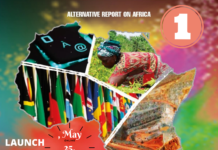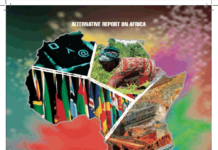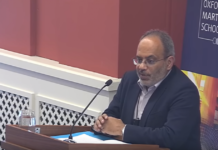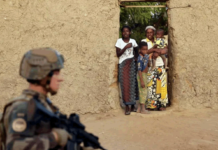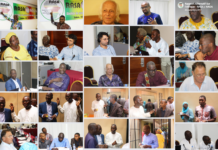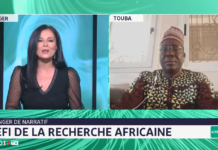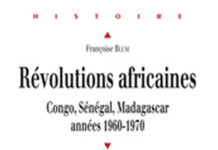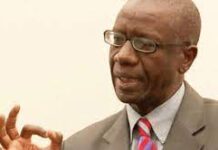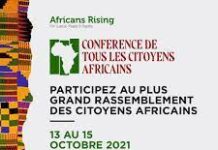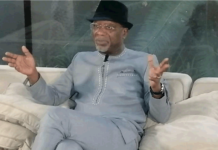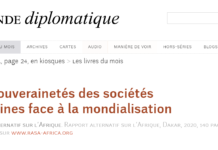*Associate of Law Faculties, Founding Director of the Master in Sports Law and Economics EDGE/CRES Institute. Dakar

The evolution of sport in the world over the last few years has taken on such a magnitude that it cannot leave any country indifferent.
The increase in the number of participants, the introduction of new sports disciplines, the considerable development of the economy and the law of sport, the influence of champions, the growing influence of the media, the use of information and communication technologies are not without posing new challenges to policy makers and sports leaders in an Africa preoccupied with finding solutions to health, education and employment problems.
This difficult reconciliation of economic problems with the contemporary requirements of the practice of sport calls for efforts of renewed reflection in order to transform all the assets that the African continent has with regard to sport.
In the light of these considerations, it is necessary to recall that today sport has taken such a place in our societies that it constitutes a powerful indicator of success or failure on both the economic and political levels and for this fundamental reason, it is legitimate to raise the problem of its place in our contemporary societies.
Certainly the link between economic development and sport is nowadays well perceived, but all the consequences are not drawn from it to the point that the reciprocal effects of one on the other are relatively unknown.
For this reason, and based on the idea that the starting point of any reflection is a better knowledge of the object of the reflection, it is necessary to take stock of the various relations between the multiple actors and stakeholders of the world of sport.
The observation is that today, very little data exists on African sport.
It is therefore necessary to encourage the research community to invest in the sports niche in order to have reliable data. Perhaps even before policy makers, researchers and academics must be convinced that sport, like other economic sectors, deserves greater attention.
Subsequently, having another approach to sport implies that public authorities treat this activity as an economic sector that requires financial support, preferential treatment with respect to the legal regime of compulsory levies in the country (taxation, social security, retirement), and specific sports accounting and finance that integrates the human capital made up of practitioners and other sportsmen and women who will be taken into account to establish the financial health of a sports structure.
This also implies that development partners should take an interest in this highly job-creating sector by providing it with specific programs and strategies, as is done for infrastructure sectors in particular.
To achieve these objectives of rationalizing the economic approach to sport, it will be necessary to fill the gap in the measurement of the economic impact of sport in society. It is essential to move towards a greater refinement of the statistical instruments for measuring the economic weight of sport in the national economy. The economic dimension of sport, and in particular the potential of the multiple sport-related activities for economic growth in terms of consumption and employment, has been neglected until now. Today, despite great efforts, sport does not constitute an identified economic branch in the
statistics, sport does not constitute an identified economic branch. National statistics are not sufficiently precise, nor are they established according to definitional criteria that would allow the sport sector to be isolated with relevance.
Last but not least, it is also essential to have a sufficiently efficient regulation to favour an optimal financing of the sport activity; financing which -it goes without saying- will have to be in conformity with the sport ethics. It is in this spirit that I have been conducting all my research for several years.
Abdoulaye SAKHO




